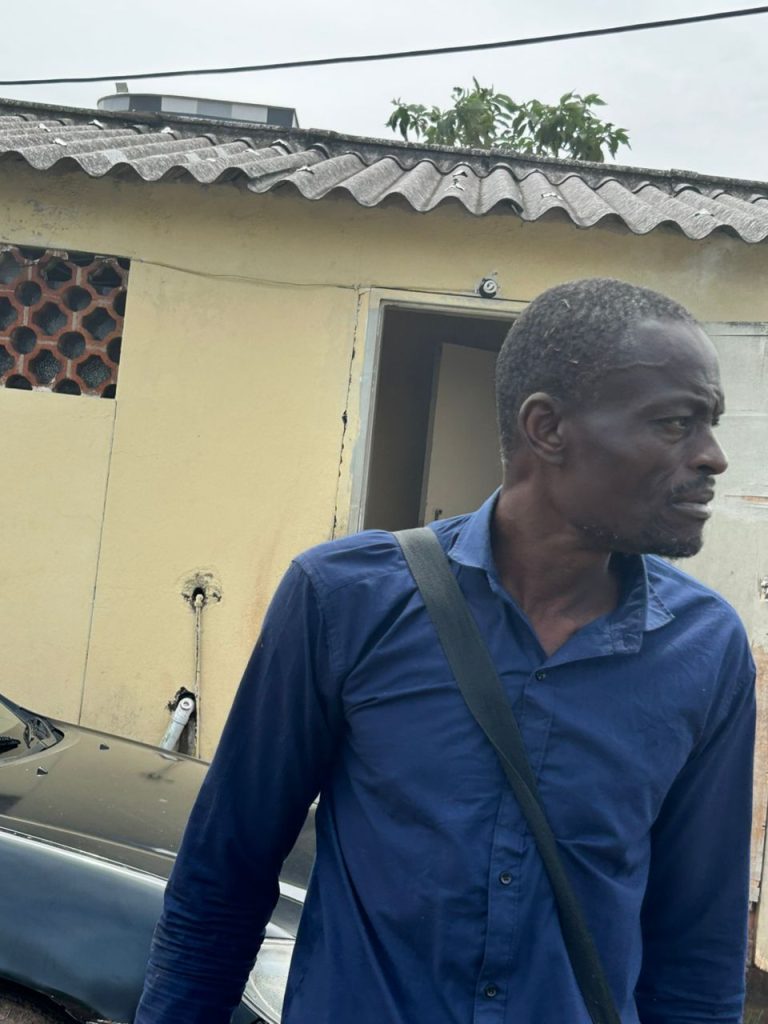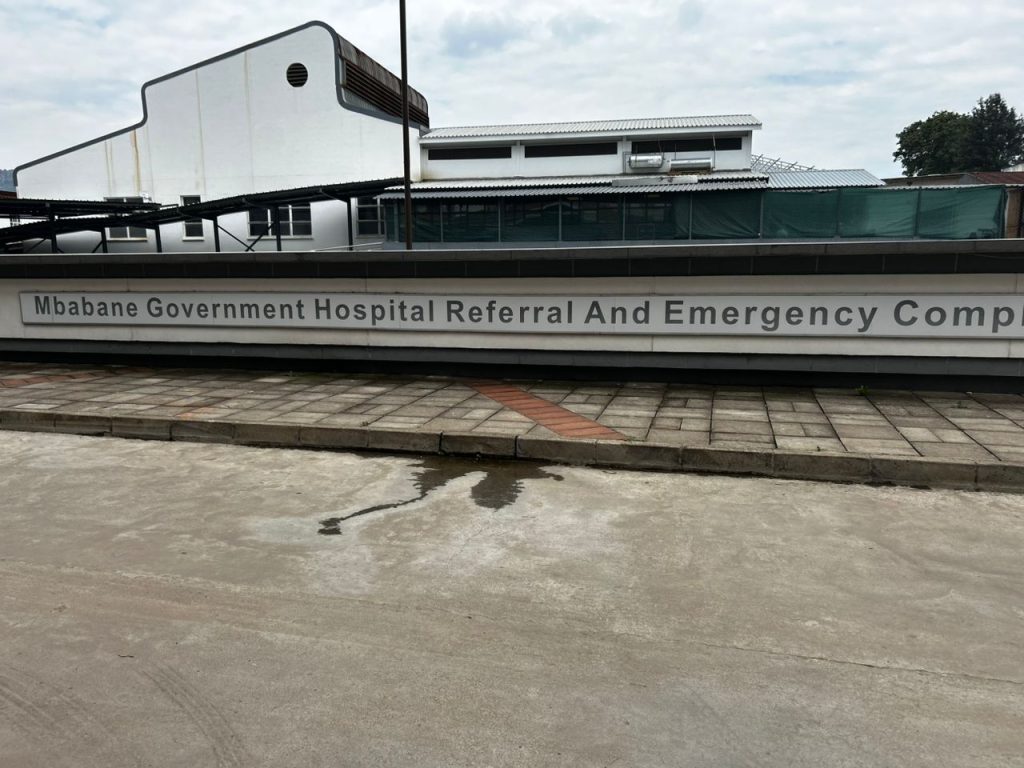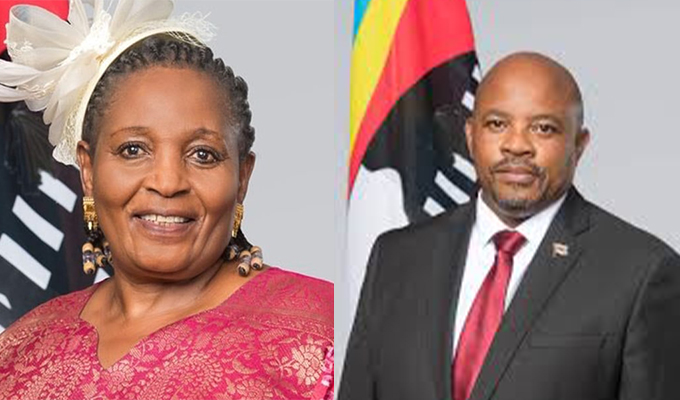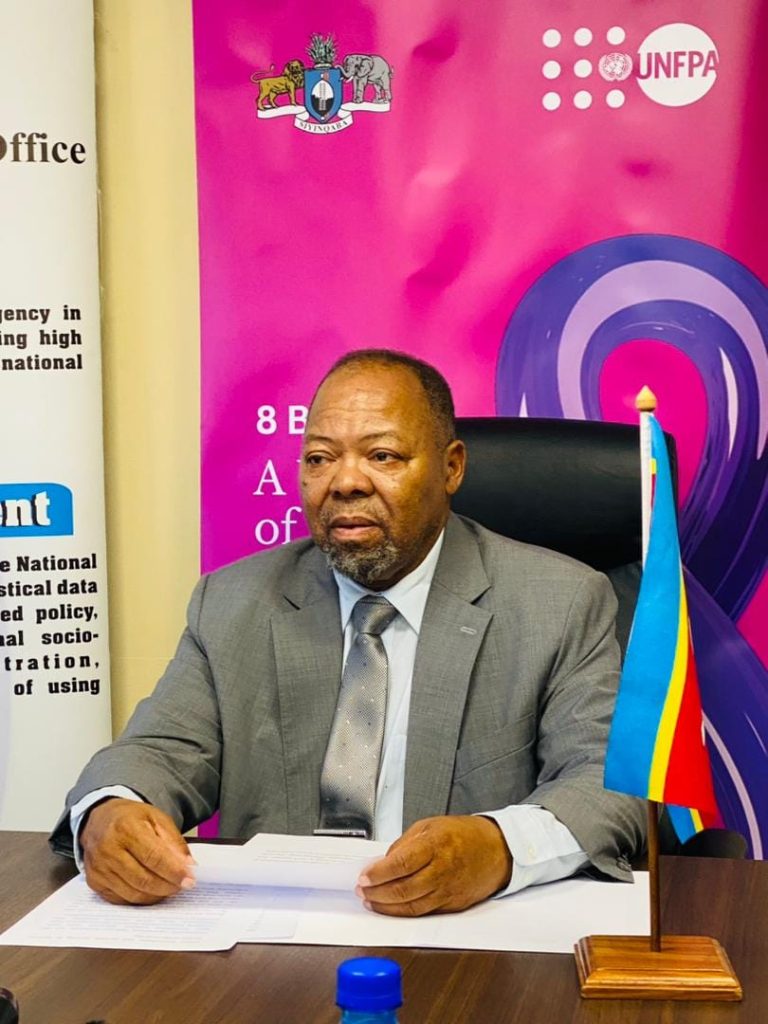
Minister Mduduzi Matsebula being updated about drug shortage
Inside Eswatini’s Drug Shortages
By Zwelethu Dlamini
While stories of drug shortages in Eswatini may sound like a broken record, the crisis has reached a point where repetition has become an indictment. After years of excuses — from “delayed tenders” to “budget constraints” — the truth is starker: the very officials and suppliers entrusted to ensure the steady flow of medicines have instead entrenched dysfunction, negligence, and corruption.
A forensic audit, a tense procurement meeting, and testimonies from suppliers have now shown that the problem is not scarcity — it is failure of leadership and accountability at every level.
At dawn on a sunny Thursday, 18 September 2025, Sergio Khoza, a Mozambican migrant, walked from Gobholo, a location about three kilometers from the Mbabane Government Hospital. By 11 a.m., when he was finally attended, his blood pressure was spiking. He received one tablet but was told not to take it on an empty stomach. He used his last E3 to buy an apple. When his prescription came, the hospital pharmacy shelves which used to store the medication he was prescribed were empty and was advised to buy them from a private pharmacy in town.
On 19 September 2025, a day after Khoza and many other patients had been referred to private pharmacies, the Eswatini Public Procurement Regulatory Authority (ESPPRA) convened a meeting bringing together health officials, Treasury, and suppliers to confront the crisis. What emerged was not a dialogue but a confession.
“Procurement is not about punishing anyone,” said ESPPRA CEO Vusumuti Matsebula. “It is about fairness and accountability. The health sector cannot afford shortcuts.”
The meeting followed the Funduzi Forensic Investigation, commissioned by the Auditor-General in 2024, which found E517 million in medicines paid for but never delivered, E83 million in expired stock, and E68 million in duplicate payments. Investigators confirmed bribery, collusion, and fruitless expenditure across the supply chain — from the Central Medical Stores (CMS) to senior ministry officials.
Principal Secretary Khanya Mabuza admitted that the shortages were “years in the making.”
“We cannot be discovering shortages from newspapers while suppliers hold orders,” he said. “Procurement and supply have become the missing link in our health system.”


Procurement specialist Lovemore Magagula conceded that “emergency procurement” — meant only for crises — had become routine.
“Emergency means unforeseen,” he said. “But we defended ourselves with excuses — COVID-19, border closures, staff shortages. That is not an emergency. We must move back to proper planning.”
The ministry of health financial controller confessed that deliveries were done without purchase orders between 2021 and 2023. — a violation of procurement law.

“There were deliveries that were done without any formal POs… we flouted the procurement procedures. We used delivery notes to commit to the government.”
Because the regulator refused to retroactively approve such flouted payments, she said, the government is now handling those cases individually.
Suppliers’ contradictions
The ministry promised to enforce its contracts with suppliers to ensure timely delivery of medical supplies. However, the suppliers pointed out several inefficiencies within the ministry that made it almost impossible for them to meet their contractual obligations.
Nkosinathi Dlamini of ASD Medical revealed that adjudication delays often make delivery impossible:
“Sometimes we get orders in February, with the financial year ending in March. That gives us less than 90 days to deliver.”
Kerwin Fortune, of Pharm Industry, added that manufacturers don’t stockpile ingredients. “Add production and shipping — 90 days is unworkable without upfront deposits.”
Yet Prashant from Artemis Pharmaceuticals illustrated how bureaucracy and waste feed each other.
“While patients are told there are no drugs, dozens of medicines are expiring in my warehouse. CMS refused to collect them because it was doing a stock-take — from February to April — for two and a half months when no deliveries were accepted. When it ended, they told us our tender had expired.”
Some of those drugs, he said, have been in Artemis’s warehouse for eight months, unsellable on the private market.

Corruption and weak leadership
At the heart of the dysfunction is corruption that no one has yet punished.
“Who are the recipients? Officials. Who are the givers? Suppliers. It puts us in one basket,” PS Mabuza admitted. “There’s a high perception of corruption. It tempts us. We are not angels.”
Mayibongwe Masangane, Secretary-General of the Swaziland Nurses Association (SNA), said:
“The major challenge is corruption. Investigations never reach completion. How can we have stockouts while procurement officers sit idle? Until the Ministry acts on those findings, patients will keep suffering.”
He said the government should pay suppliers on time and strengthen procurement management.
“We are not focusing on corruption. Nothing is being done about it — yet there are reports pointing out corruption,” he lamented.
A leadership crisis- CANGO
Civil society sees the stalemate as a failure of governance, not logistics. Thembinkosi Dlamini, Director of Coordinating Assembly of Non-Governmental Organisations (CANG)), said Eswatini’s drug shortage “is a national emergency under the law.”
He cited the National Disaster Management Act, 2006, which empowers the Prime Minister to declare a health crisis and convene a multi-stakeholder task force.
“If this had been treated as a national disaster, the bottlenecks would have been cleared months ago. Leadership failed to use the very instruments that exist to solve the crisis.”
CANGO noted that data-driven planning remains absent. Eswatini continues ordering the same antibiotics despite resistance data showing declining efficacy — a practice contradicting Sustainable Development Goal (SDG) 3.B, which urges developing countries to ensure access to affordable, effective medicines and to strengthen pharmaceutical systems in line with the Doha Declaration on TRIPS and Public Health.
Government promises, public doubt
The Ministry of Health insists reforms are underway. Its 2024/25 report shows CMS’s order fill rate improving from 39 to 50 percent and stockouts falling slightly. A consultancy, PICMA, has been hired to transform CMS into a semi-autonomous agency.
Health Minister Mduduzi Matsebula told Parliament on 16 October 2025 that new laws will “tighten accountability for under-performing suppliers,” and that reforms will attract more pharmaceutical investors.
Meanwhile on November 7, the minister further announced that drug supply was at 80 per cent in hospitals. Ironically at around the same time government suppliers had held a picket to the treasury demanding their payments which were overdue.



